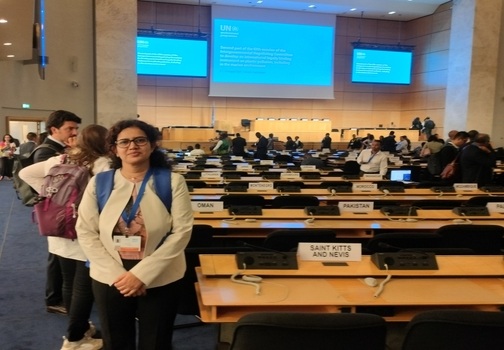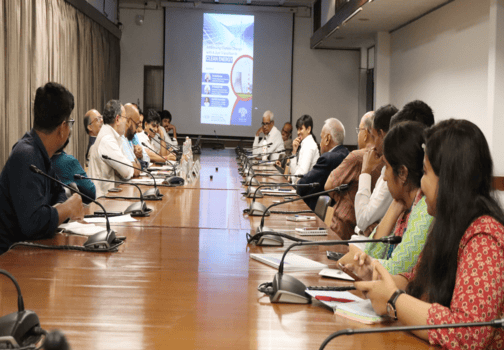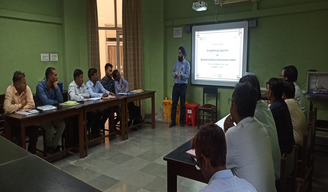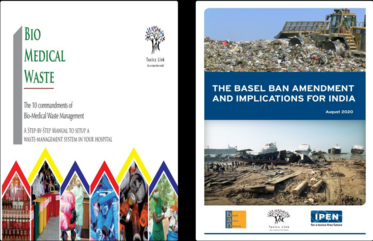Basel Convention
The Basel Convention on the Control of Transboundary Movements of Hazardous Wastes and their Disposal was adopted on 22 March 1989 by the Conference of Plenipotentiaries in Basel, Switzerland, in response to a public outcry following the discovery, in the 1980s, in Africa and other parts of the developing world of deposits of toxic wastes imported from abroad. Awakening environmental awareness and corresponding tightening of environmental regulations in the industrialized world in the 1970s and 1980s had led to increasing public resistance to the disposal of hazardous wastes – in accordance with what became known as the NIMBY (Not In My Back Yard) syndrome – and to an escalation of disposal costs. This in turn led some operators to seek cheap disposal options for hazardous wastes in Eastern Europe and the developing world, where environmental awareness was much less developed and regulations and enforcement mechanisms were lacking. It was against this background that the Basel Convention was negotiated in the late 1980s, and its thrust at the time of its adoption was to combat the “toxic trade”, as it was termed. The Convention entered into force in 1992. Objective The overarching objective of the Basel Convention is to protect human health and the environment against the adverse effects of hazardous wastes. Its scope of application covers a wide range of wastes defined as “hazardous wastes” based on their origin and/or composition and their characteristics, as well as two types of wastes defined as “other wastes” – household waste and incinerator ash. Aims and provisions The provisions of the Convention center around the following principal aims: the reduction of hazardous waste generation and the promotion of environmentally sound management of hazardous wastes, wherever the place of disposal; the restriction of transboundary movements of hazardous wastes except where it is perceived to be in accordance with the principles of environmentally sound management; and a regulatory system applying to cases where transboundary movements are permissible.
For detail info, visit – http://www.basel.int






